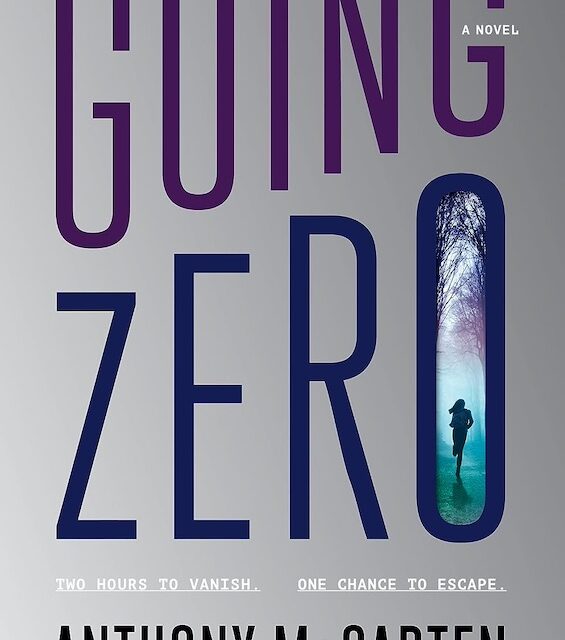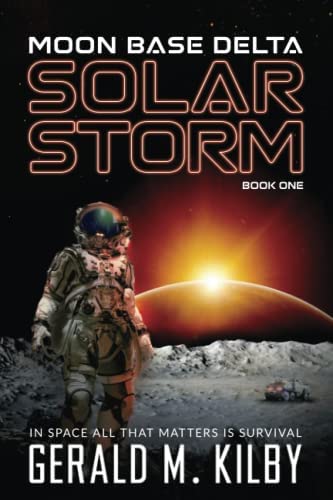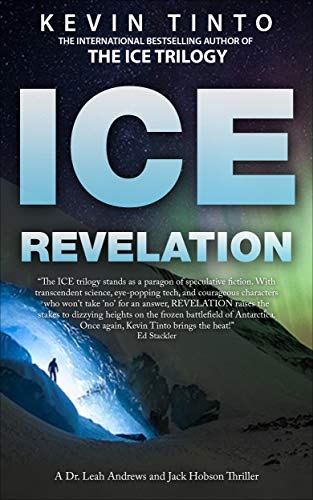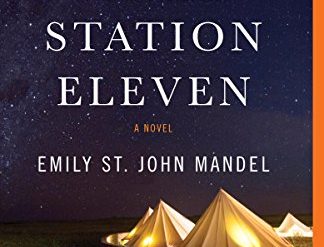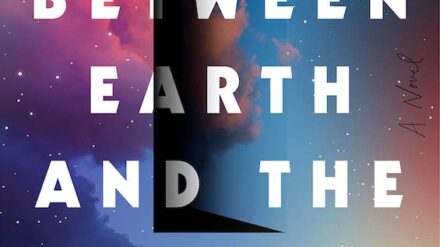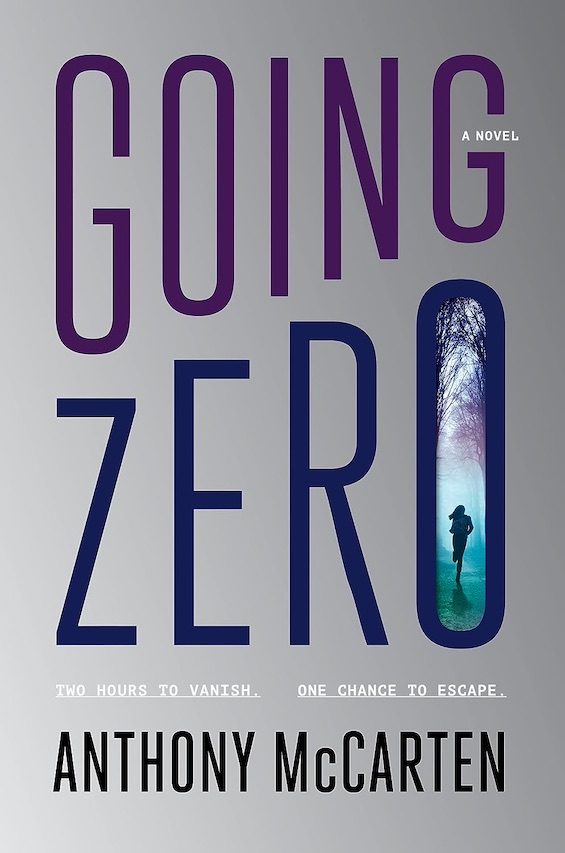
Estimated reading time: 5 minutes
When we think of surveillance so pervasive that it seems impossible to hide, most Americans’ minds turn to today’s China. Certainly, the Chinese have surpassed past totalitarian regimes such as the Soviet Union and East Germany in tracking the actions—and thoughts—of their citizens. But in the United States, whistle-blowers and a vigilant press revealed overreach by our own National Security Agency in the past decade. However, those efforts pale beside the total surveillance state envisioned in a public-private partnership between the CIA and Silicon Valley in Anthony McCarten’s fast-moving techno thriller, Going Zero.
Ability to find anyone, anywhere, anytime
Imagine, if you will, the personal information recorded on Amazon, Facebook, Google, and Apple’s servers. What we look like. How we walk and talk. What purchases we make. Where we live and work. How much money we have. What our political opinions might be. Whom we interact with online. And so much more. Now, combine that with the massive amounts of data stored on US government computers derived from tax returns, Social Security, and foreign travel. Together, these storehouses of detailed information about us could (and might) enable anyone with access to the data to find anyone, anywhere, anytime. And that’s Anthony McCarten’s premise in this terrifying novel.
Going Zero by Anthony McCarten (2023) 303 pages ★★★★★

A genius-level challenge
In Going Zero, the CIA and Worldshare, a Facebook look-alike, undertake a beta test of their merged capabilities through a joint venture called Fusion. They have selected ten Americans seemingly at random to attempt to “go zero” for thirty days without detection. Anyone who manages to do so will receive three million dollars. But the selection is not random. Five of the test subjects are professionals in fields designed to make things challenging for Fusion. For example, a “privacy designer” who has created a new online masking technology. A former student activist in Hong Kong experienced in evading official attention. And a reputation repair specialist. In fact, nearly all ten subjects have genius-level IQs. But the thousands of men and women who in Fusion are determined to prove they’re even smarter.
A librarian versus a Silicon Valley billionaire
Kaitlyn Day is one of the ten test subjects but seems to be an outlier. She is a librarian in Boston, “bookish in her buttoned-up-ness,” unmarried, living alone, and with a history of mental health challenges. (She’s currently off her meds.) Kaitlyn obsesses about a loving man named Warren, who may or may not be real. But she is diabolically clever at evading the attentions of the data-crunchers at Fusion. In fact, though she is no professional in their eyes, she has an IQ of 168. And she seems to have thought of everything in advance of the alert from Fusion to Go Zero.
As the clock ticks steadily down from thirty days to zero, McCarten follows Kaitlyn’s efforts, and that of the other contestants, and the work at Fusion in alternating chapters. At Fusion, we focus on billionaire Cy Baxter of Worldshare, his cofounder and number two, Erika Coogan, and three officials from the CIA and the White House who are present to oversee the test. There is tension in the air among them, and that tension—and the suspense—will grow apace as the days go by and Cy Baxter’s volatile personality approaches a breaking point with the prospect of defeat confronting him.
About the author
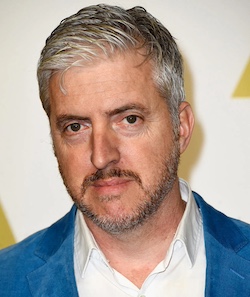
Anthony McCarten is best known for his screenplays, which include The Theory of Everything, Darkest Hour, and The Two Popes. His work has been nominated four times for Academy Awards. He has also written ten books, most of them novels.
McCarten was born in 1961 in New Zealand and educated there, receiving an Arts degree at Massey University and studying creative writing at Victoria University of Wellington. He now divides his time between London, Los Angeles, and Munich. He has three children.
For related reading
This book is one of The best techno-thrillers.
For more good reading, check out:
- These novels won both Hugo and Nebula Awards
- The ultimate guide to the all-time best science fiction novels
- The top science fiction novels
- The top 10 dystopian novels
- 10 new science fiction authors worth reading now
And you can always find my most popular reviews, and the most recent ones, on the Home Page.

